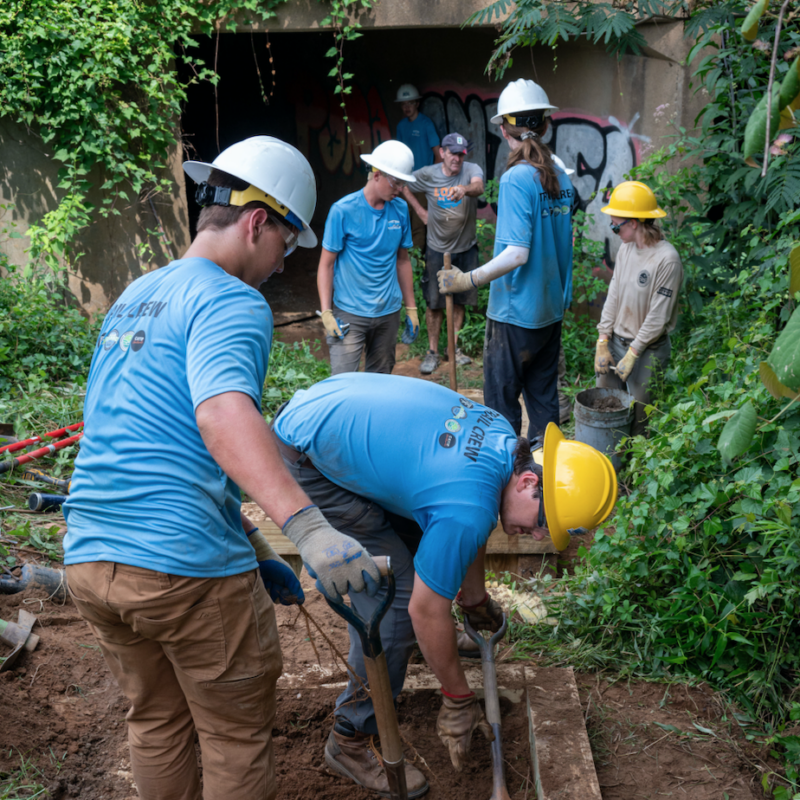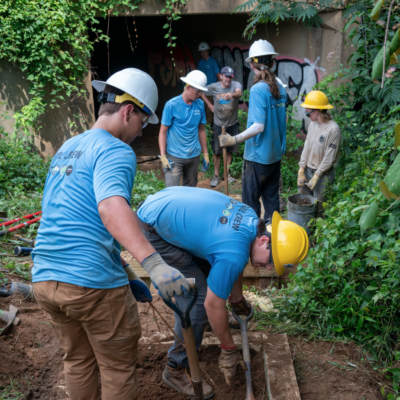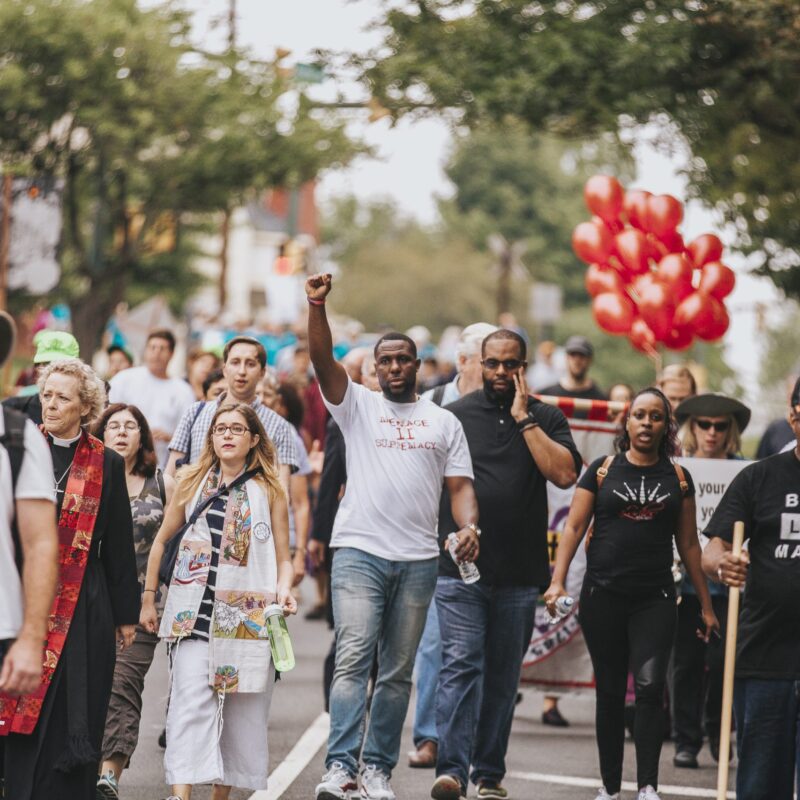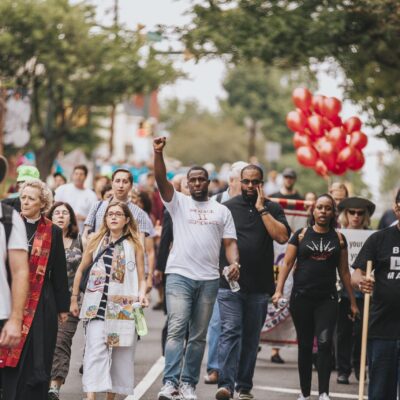The arrival of new UVA President Teresa Sullivan in early August has led students to resurrect the Living Wage Campaign, a movement that, in the past, has brought results as well as legal repercussions.
|
Erin Franey, a third-year UVA student and organizer of the Living Wage Campaign, says the group is “definitely making some very deliberate efforts” to get the attention of incoming president Teresa Sullivan. |
“I think there is a renewed hope that we will be able to build a positive and collaborative working relationship with her and really be able to take action on this issue,” says junior Erin Franey, a student organizer for the campaign. “I think that she can be the leader in that movement.”
During a meeting in late March, students drafted and sent a letter to Sullivan asking for her cooperation in the campaign. They called upon Thomas Jefferson’s vision of life, liberty and the pursuit of happiness as the guiding principle for fair wages. “Today, we do not pay hundreds of UVA classified and contracted employees enough for them to provide for their families,” reads the letter. “Today, we push the most disadvantaged members of our community into taking two jobs. Today, we marginalize the most vulnerable members of the University.”
Currently, UVA’s minimum hiring rate is $10.14 an hour—$2.89 more per hour than the federally mandated minimum wage. Entry-level employees at the University who are paid the minimum rate and have no dependents on their health insurance receive benefits worth $7.08 an hour—a total compensation of $17.22 an hour, according to UVA calculations.
Students want UVA to increase the wage to $11.44 an hour plus benefits, a number based on a living wage calculator from the Economic Policy Institute (EPI), according to Franey. The calculator lists a family of four’s monthly needs as just shy of $4,000.
UVA spokesperson Carol Wood says that there are currently 282 UVA employees who make less than $11.44 an hour. Including employees of the Medical Center, the Academic Division and the College at Wise, UVA staff totals 20,714.
In 1998, an organization of students and faculty, the Labor Action Group, demanded the University raise its base pay to $8 from $6.37—an increase that Charlottesville City Council passed the following year for all full-time employees.
In April 2006, the issue heated up. Student organizers asked for a $10.72 hourly wage and held a sit-in at UVA administrative offices in Madison Hall. The sit-in lasted for four days, and 17 students were arrested, along with one professor. (Charges against the students were ultimately dismissed.)
For a few years things quieted, save for some students, who last year picked up where others left off. This year, however, students feel they have the best opportunity to bring a change in wage policy.
According to Franey, Sullivan has yet to respond to the campaign’s letter. “We are definitely making some very deliberate efforts to get her attention, and as of yet have not received a response,” she says. Fellow organizer Gregorio Casar says that he has seen an “enormous amount” of support among students, staff, faculty and the Charlottesville community. Student organizers will ask City Council to pass a resolution urging the University to raise its living wage.
“For people who are trying to raise a family on a minimum wage, the city is supplying public housing, tax payers end up providing public assistance for people who aren’t making enough to support their families,” says City Councilor Kristin Szakos, who attended the March meeting. She adds that City Council likes to encourage local businesses to pay a living wage. Although Szakos says the action is not meant to be adversarial, every policy the University enacts has a significant impact on a large part of the community.
“UVA is definitely above poverty level, but, that said, there are a lot of people that we have living in public housing, and we have people receiving public assistance who work full-time at UVA,” she says.
Some critics say that the current financial climate should be an indication that now may not be the right time to raise wages. “Actually, right now is the best time to do it,” responds Casar. “Right now would be a great time for the University to make a statement that even in a time of financial pain and attempted recovery, we are thinking about the people who are affected by it.”
Wood says the University’s budget has seen state support shrink to 6 percent from close to 25 percent. In addition, University employees haven’t had raises in two years and won’t get one for the coming year. However, “the University has worked to mitigate the lack of raises by proving other opportunities for employees,” says Wood in an e-mail.






